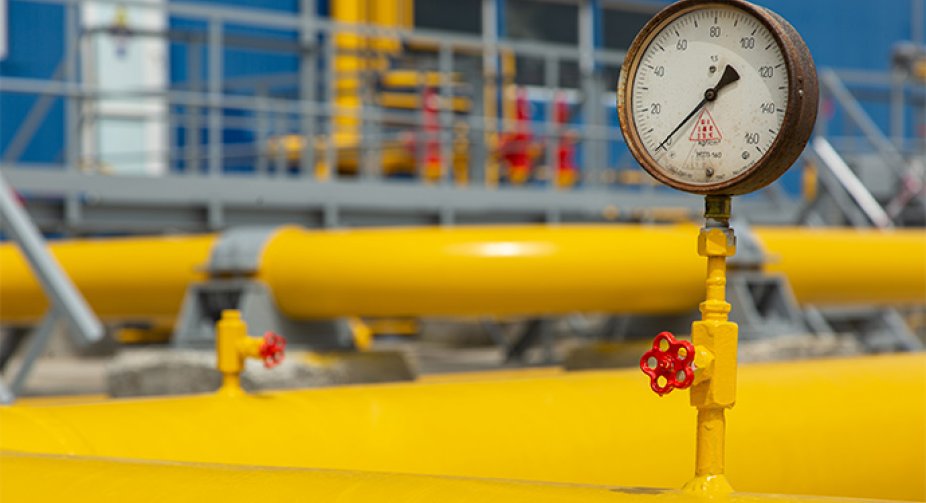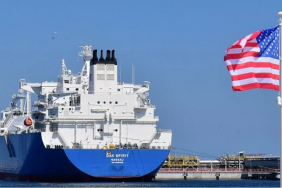Europe faces unprecedented risks to natural gas supplies this winter after Russia cut off most pipeline supplies and could find itself in competition with Asia for already scarce and expensive ship-borne liquefied gas. This was stated by the International Energy Agency (IEA) in its quarterly gas report, writes the Associated Press.
The Paris-based agency said European Union countries would have to cut gas use by 13% over the winter in the event of a complete shutdown by Russia amid the war in Ukraine.
A significant part of this reduction will be provided by consumer behavior and measures such as reducing the temperature on thermostats by 1 degree and regulating the temperature in boilers, as well as by energy savings in industry and utilities.
On Friday, the EU agreed to authorize at least a 5% reduction in electricity consumption during peak hours.
Only a small amount of Russian gas still flows through pipelines through Ukraine to Slovakia and across the Black Sea through Turkey to Bulgaria. Two other routes, through the bottom of the Baltic Sea to Germany and through Belarus and Poland, were closed.
Another danger the study cited was later winter cooling, which would be particularly challenging because underground gas reserves move more slowly at the end of the season due to less gas and lower pressure in storage.
The EU has already filled storage by 88%, ahead of its goal of 80% by the start of winter. The IEA predicted that according to its scenario, 90% of Russia's shutdown is required.

